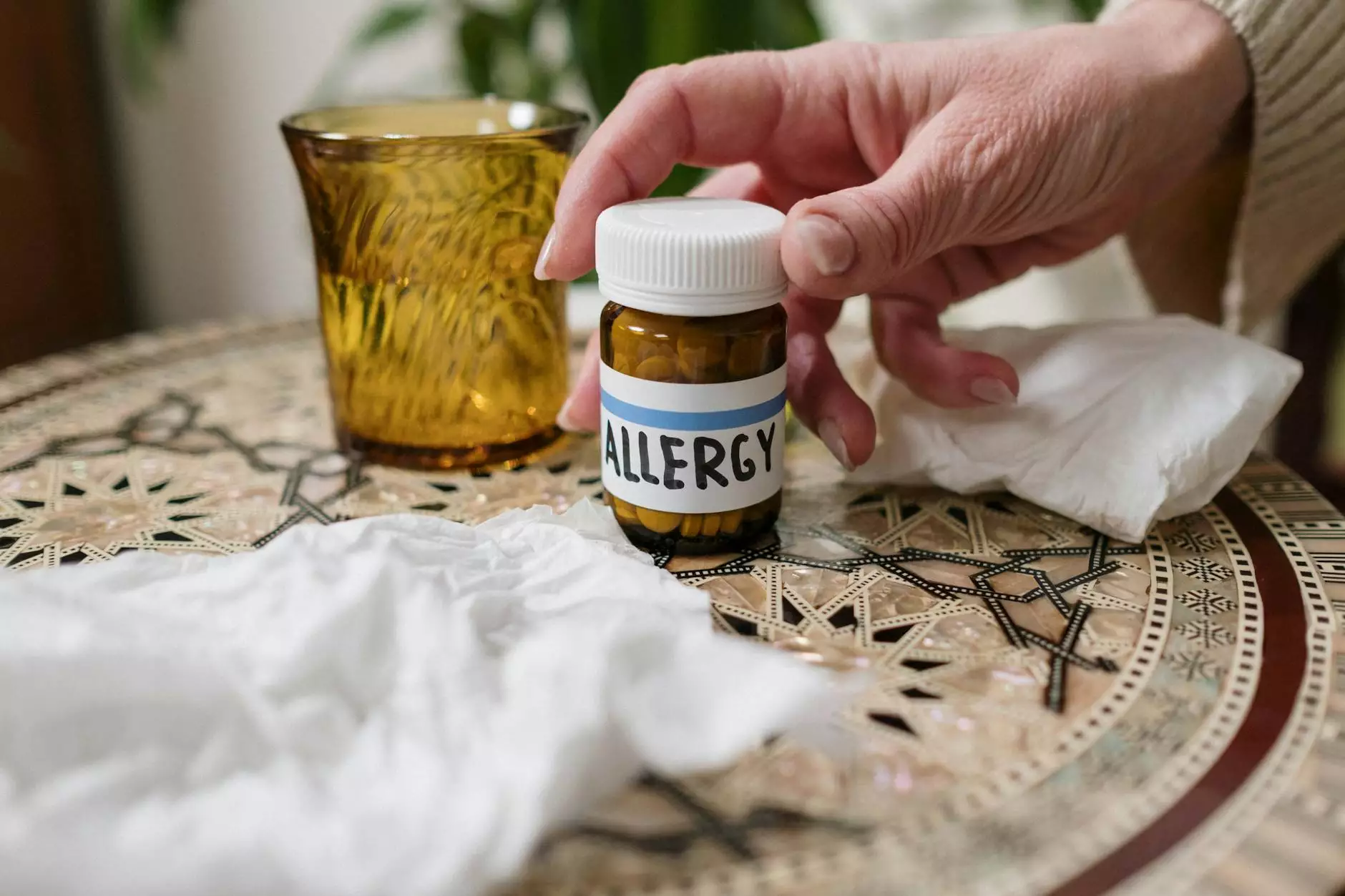Is Periodontal Disease Contagious? - Clearwater
Gum Disease
Introduction
As a leading provider of dental services in Clearwater, Robert Miller, DDS, aims to educate patients about various aspects of oral health. One common concern is whether periodontal disease is contagious. In this article, we will delve into the topic and provide you with comprehensive information on periodontal disease transmission, prevention, and treatment.
Understanding Periodontal Disease
Periodontal disease, also known as gum disease, is a chronic inflammatory condition that affects the tissues surrounding the teeth. It is typically caused by poor oral hygiene habits, leading to the accumulation of plaque and tartar on the teeth and gumline.
When left unaddressed, periodontal disease can progress, causing gum inflammation, bleeding, and eventually leading to tooth loss. It is essential to seek professional dental care if you suspect you have gum disease.
Periodontal Disease Transmission
Now, let's address the question at hand: Is periodontal disease contagious?
While periodontal disease itself is not contagious, the bacteria that contribute to its development can be transmitted between individuals. These bacteria are present in the saliva, making it possible for them to spread through activities such as sharing utensils, kissing, or even close proximity during conversation.
It's crucial to note that not everyone who comes into contact with these bacteria will develop gum disease. A person's overall oral health and immune system play a significant role in determining their susceptibility to developing periodontal disease.
Preventing Periodontal Disease
Proper oral hygiene practices are the key to preventing periodontal disease. Here are some tips to keep your gums healthy:
Maintain a Consistent Oral Hygiene Routine
Brush your teeth at least twice a day using fluoride toothpaste and a soft-bristle brush. Don't forget to brush your tongue to remove bacteria that can contribute to gum disease.
Floss daily to clean the spaces between your teeth and along the gumline where a toothbrush can't reach.
Visit Your Dentist Regularly
Regular dental check-ups and professional cleanings are vital in preventing gum disease. Your dentist can detect early signs of periodontal disease and provide treatment before it progresses.
Eat a Healthy Diet
Avoid sugary foods and drinks that can increase bacterial growth. Instead, opt for a well-balanced diet rich in fruits, vegetables, and lean proteins to support overall oral health.
Avoid Tobacco Use
Smoking and tobacco use significantly increase the risk of developing periodontal disease. Quitting or avoiding tobacco products altogether can greatly improve your oral health.
Treatment for Periodontal Disease
If you suspect you have periodontal disease, consult a dentist in Clearwater like Robert Miller, DDS, as soon as possible. Early intervention is crucial in preventing the progression of gum disease. Treatment options may include:
Professional Dental Cleaning
A dentist or dental hygienist will perform a deep cleaning procedure called scaling and root planing to remove plaque and tartar from below the gumline, promoting healing and preventing further damage.
Medications
In some cases, your dentist may prescribe antimicrobial mouth rinses or antibiotics to control bacteria and reduce inflammation.
Surgical Intervention
If periodontal disease has advanced significantly, surgical procedures like gum grafting or flap surgery may be necessary to repair damaged tissues or regenerate bone loss.
Conclusion
While periodontal disease itself is not contagious, the bacteria that contribute to its development can be transmitted between individuals through various means. Taking proactive steps to maintain excellent oral hygiene and seek professional dental care is crucial in preventing and treating gum disease.
At Robert Miller, DDS, our team is dedicated to providing comprehensive dental services and educating patients about their oral health. Contact us today to schedule an appointment and learn more about preventing and treating periodontal disease.




